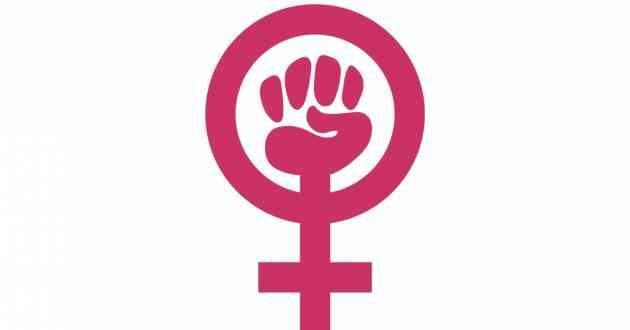Pioneers Of Feminist Psychology
- - Category: Psychology
- - 04 Jul, 2022
- - Views: 512
- Save

Women had been contributing to psychology since its earliest days. 5 pioneers for you below.
Psychology was a male-dominated field in the 1900’s. While there was a dominance of one gender, it did not mean that there were not any female psychologists present. Women had been contributing to psychology since its earliest days. Estimates suggested that in the early 1900s, roughly 12% of psychologists in the United States were women (Schultz, 2011). The cold truth is that the female psychologists in this field have had to face discrimination due to their sex. Despite this, women psychologists have made groundbreaking contributions to the field.
Here are 5 of the Pioneers of Feminist Psychology who helped shape the foundational relationship between feminist critique and psychology:
- Leta Stetter Hollingworth – She made a name for herself based on the research she did regarding gifted children and intelligence. She also steered her efforts toward proving that women were as intelligent and capable as men, irrespective of if they were menstruating or not. Thereby, shattering an age-old belief of menstruation hindering women from living up to their potential every month.
- Mary Ainsworth – Her name is familiar to anyone who has studied developmental psychology. She contributed to the various attachment styles that we learn about today as a result of the relationship between a mother and a child. It is her name that is linked with the ‘Strange Situation’ experiment where a child’s reaction is assessed in various situations including a stranger entering the room, being left alone with the stranger, and the mother’s return to the room.
- Mary Whiton Calkins – This female psychologist faced first-hand discrimination as Harvard University refused to grant her a degree solely because she was a woman. She had completed all the requirements of her doctorate just like her male counterparts namely, William James, another prominent name in the field. In spite of this, she went on to become the first female President of the American Psychological Association in 1905. Her efforts shone as she introduced us to the infamous ‘Paired Association Technique’ and her notable contributions to self-psychology.
- Margaret Floy Washburn – She was the first woman to receive a PhD in Psychology, in 1894. She was best known for her experimental work in animal behaviour and her motor theory development which stated that one’s emotions, thoughts and consciousness could be seen through bodily movements.
- Mamie Phipps Clark – She was the first black woman to receive a degree from Columbia University. She not only focused her efforts on the civil rights movement but also pioneered the research of self-concept among minorities. She even researched racism’s impact on Black children in the famous ‘Doll Test’ experiment.
In 1970, women made up just over 20 percent of PhD recipients in psychology, according to the National Research Council. In 2005, the last year for which data is available, nearly 72 percent of new PhD and PsyDs entering psychology were women, according to APA’s Centre for Psychology Workforce Analysis and Research (Cynkar, 2007). In a 2017 APA Graduate Study in Psychology – Female graduate students in psychology outnumbered males by approximately a three to one ratio. These studies show us that women in the field of psychology have been able to shatter the glass ceiling and keep moving onward and upwards. In this article, we only scratched the surface regarding the list of female psychologists who contributed to this beloved field of study. We urge you to look into more female psychologists who have helped shape Psychology to make it more egalitarian. You may also like to read about the history of Feminist Psychology and its contributions!
– Urveez Kakalia and Ferangiz Hozdar.

